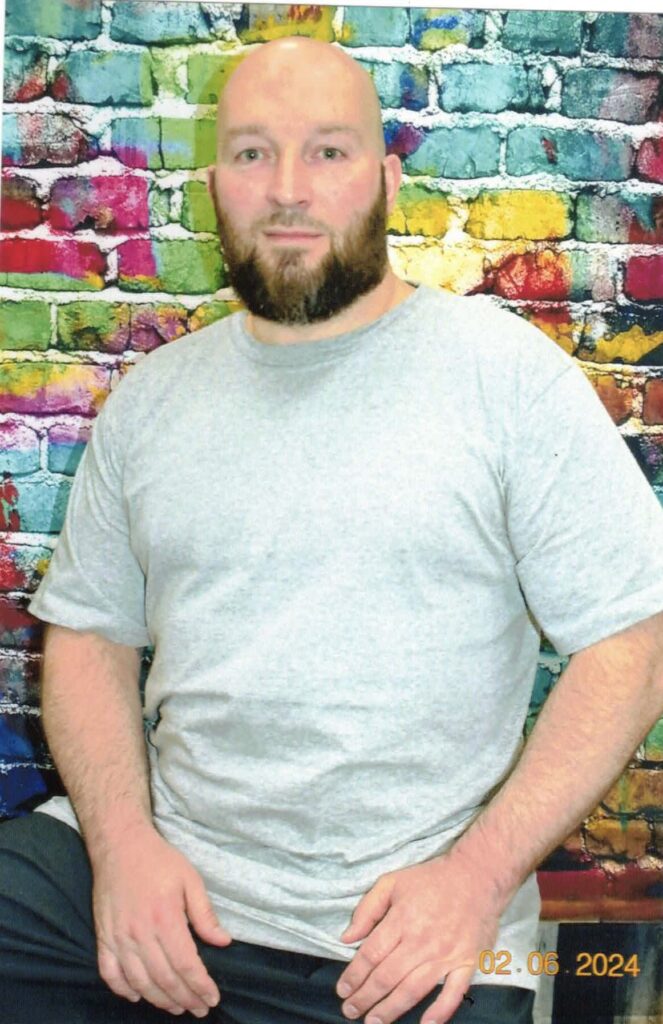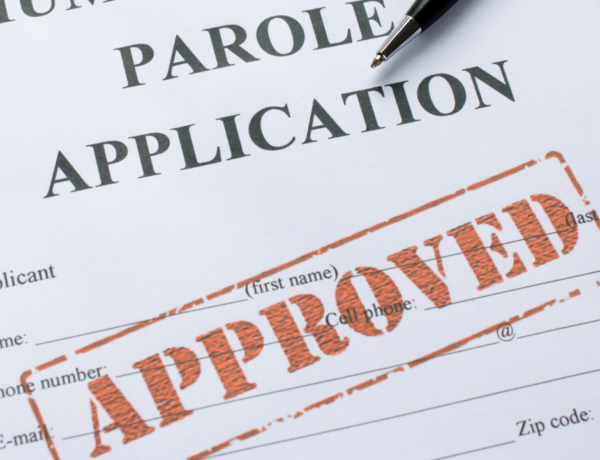If you have experience with the “criminal justice” system, then you’re probably familiar with certain cliché expressions and especially so for those who have the unfortunate dishonor of residing on death row.
Folks from both sides of the aisle have mouthfuls of tired phrases. Death penalty opponents and criminal justice reformists are quick to tell you that, “Everyone deserves a second chance”, and “We’re more than the worst thing we’ve done.”
The idea of second chances is a nice, sunny one. If your kid breaks a glass, you’re not likely to forbid them from drinking from another, but broken glasses pale in comparison to broken lives. I’ve murdered someone, tearing their family to pieces and devastating my own. After decades of incarceration, time spent reflecting on what I’ve done and a long journey of self-work, I’m certain I would never unjustly take another life, but who is willing to take a chance on me? Would you? While anyone you encounter throughout your day may be capable of killing, the fact remains that I actually have.
“We’re more than the worst thing we’ve done.” While I think most of us are, once a human is condemned to death for that worse thing, it’s difficult for even them to see their potential to be. Against nearly impossible odds, some of the condemned have published books, recorded music, even earned college degrees, all with the help and support of folks on the outside. Prison administrations tend not to invest in a group of people they plan to eventually kill. As one past warden put it, “Educational programs are not for death row inmates.” Therefore, the long shadow cast by our past actions is left intact, making it difficult for our efforts at change to shine through and reach the eyes of those who operate the machinery of death.
Death penalty proponents on the other hand argue for an “eye for an eye” and say the inhabitants of death row are the “worst of the worst.”
I recall reading that Ghandi said, “An eye for an eye makes the whole world blind.” While I’m not advocating for a total amnesty for all prisoners convicted of murder, I assume no one is free of mistakes and bad decision-making. In fact, throughout the years, I recall numerous tough on crime politicians involved in bribery scandals and campaign finance impropriety. In each incident, the accused begged for the mercy of the court and sought the public’s forgiveness, while professing a lapse in judgment. Ironically, none begged to be punished to the extent allowed by law. What happened to the “Golden Rule” of treating others as you’d like to be treated?
Calling death row prisoners, the “worst of the worst” is an inflammatory remark intended by some conservative lawmakers to stoke fear amongst the populous and keep the death machinery oiled. To those of us who live here, it’s a silly title given by people who know no better, while the truth is, we experience exceptional acts of kindness in our ranks on a daily basis. There are guys comforting one another after losing loved ones, sharing food with the indigent, caring for the elderly and infirm who are consistently neglected by medical staff and even caring for the many geese that land on the rec yard to hatch little ones year after year. All acts of the “worst of the worst.”
These “worst of the worst” experts would have people believe that we are ultra-violent super predators. Maybe we are and I’ve somehow failed to witness all the violence in my twenty plus years. In reality, there are disagreements and an occasional fist fight, but when the dust settles, ties of friendship are rebuilt. Mostly, we behave like anyone else living in free society.
In contrast, there are regular assaults and even some murders that take place in the general population section of this and most prisons. That’s not to say that non-death row prisoners are the “worst of the worst” either. I believe it’s all the result of a “corrections” system that is punitive first and at best, has only a peripheral view towards rehabilitation.
“Worst of the worst,” “More than the worst thing we’ve done,” Eye for an eye,” Everyone deserves a second chance”, and other clichés are uttered mostly by people with no personal connection to a death row prisoner, no evidence upon which to base a sound judgment. Whereas the truth probably lies somewhere in the middle.
There have been innocent people condemned to death, as evidenced by the many exonerations that have taken place. Therefore, it stands to reason that there are innocent men and women currently suffering on the nations many death rows.
There are those on the row (and prison in general) who couldn’t function in society if given a second chance, but nor have they been offered access to reformative programming and/or the mental health treatment necessary to heal the old wounds that led them here to begin with.
And then there are the men and women who incessantly work to better themselves and as a result, they’ve widened the distance between the person they were during the worst moment of their lives and who they are now, all in the face of condemnation.
Therefore, just as one umbrella is too small to cover the complexity and variety of all members of free society, so too are we more than any one cliché.




No Comments